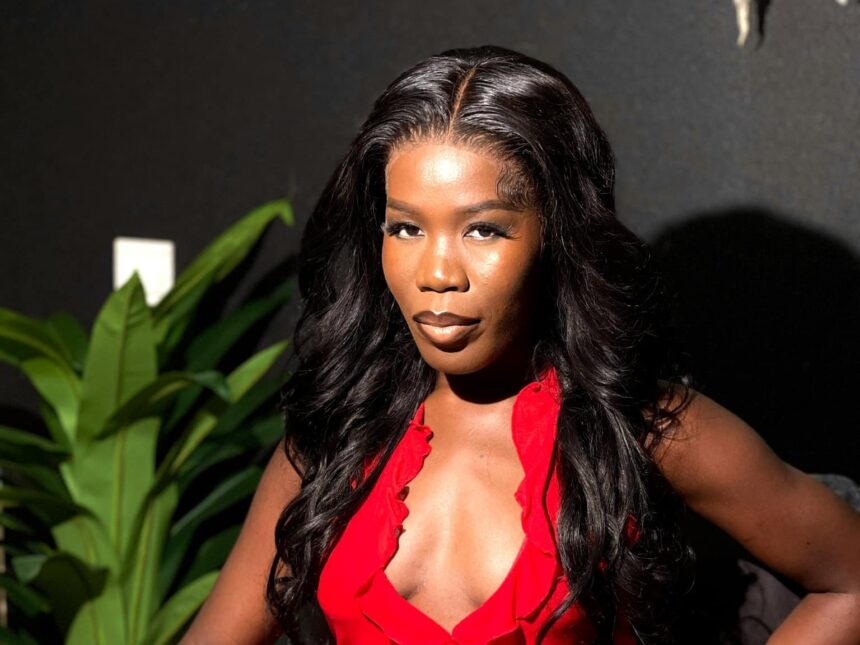Dubai-based Kenyan TikTok star Becky Akinyi has publicly announced that she is cutting off her family financially after years of supporting them, revealing how the burden took a heavy toll on her mental health. The content creator shared her frustrations about being a caregiver who felt drained and stagnant due to constant family dependence.
In a heartfelt post, Becky expressed how her efforts to support her relatives have held her back in life. She wrote, “I’m cutting y’all off because y’all are dragging me backward and draining my mental health. I want you guys to assume I was never born or maybe I died and start taking care of yourselves without me.” She lamented that despite her sacrifices, no one in her family has been concerned about her wellbeing or offered support in return.
Becky also revealed that she has been attending therapy to take care of her mental health and is determined to protect her progress. “I might end up deactivating my accounts so nobody will hear from me. I’m almost 30 yet I don’t see any improvement in my life,” she added. She urged her followers to understand that from now on, she does not consider herself responsible for her family’s struggles.
Her announcement follows a previous incident in 2024 when Becky publicly asked for financial help to renew her visa in Dubai, which led to controversy after the lender accused her of defaulting on the debt.
The TikToker’s decision sparked a wave of support from netizens who shared their own experiences with the emotional toll of family caregiving. Many encouraged Becky to prioritize her mental health. Comments included, “Family can be toxic at times, I have been there. Cut off anything and anybody that interferes with your mental health,” and “The earlier you’ll realize you come first in this life the better for you.”
Becky has also been open about her personal life, revealing that she dates women due to negative experiences with men in past relationships. She has been romantically linked to US-based Kenyan TikToker Phoebe Arich Ndege.
Her story highlights the challenges many face when balancing family obligations and self-care, sparking important conversations about mental health and boundaries in caregiving roles.












